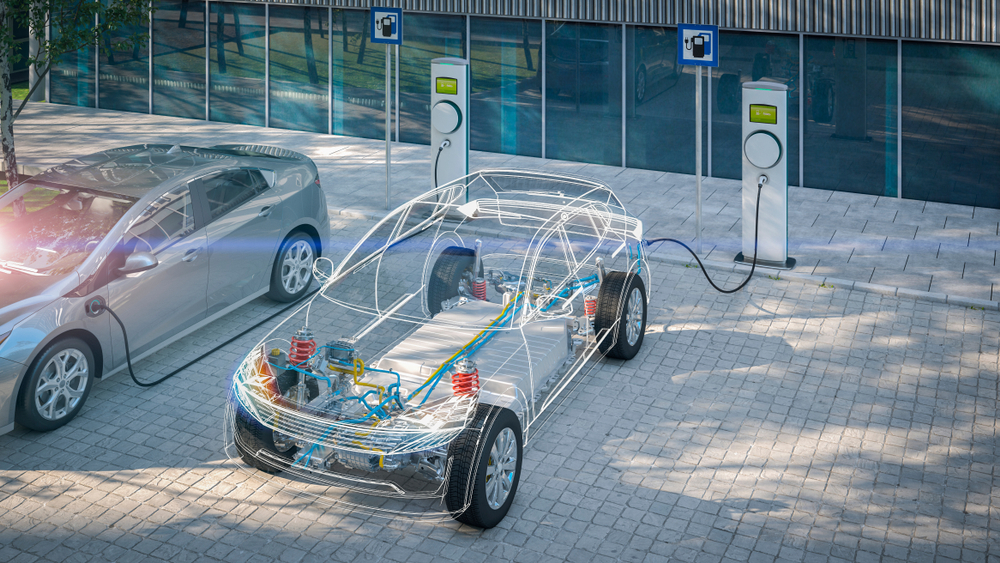2024 Spring Budget: Urgent focus is needed to support the automotive businesses that are critical to the road to zero

The Institute of the Motor Industry urges the Chancellor to reinstate super-deduction to support the business investment needed in equipment and training for a sustainable EV aftermarket.
There are numerous steps being suggested across the automotive sector for consideration by the Chancellor of the Exchequer for the Spring Budget (6th March) to support and stimulate adoption of electric vehicles. The Institute of the Motor Industry welcomes any changes that can be made to build consumer confidence in the new drivetrain.
However, the professional body for those who work in the sector is concerned that simply looking for financial incentives to encourage new EV sales misses the significance of ensuring the aftermarket is effectively trained and equipped to support zero emissions motoring. It is therefore urging the Chancellor to reinstate super-deduction – originally introduced by Rishi Sunak in 2021 – as part of the Spring Budget.
“Although the government made the decision last September to move the deadline back to 2035 for the ban on the sale of new petrol and diesel vehicles, the passing of the ZEV mandate into law this January means that many businesses that operate in the automotive aftermarket still need to be EV ready if they want to be part of the road to zero”, explained Steve Nash, CEO of the IMI. “Yet they are faced with significant costs for equipment and training and little immediate incentive in the form of customer demand.
“If the government is genuinely committed to reducing carbon emissions it not only needs to stimulate the market; it also needs to ensure the aftermarket sector is adequately equipped and trained to support EV drivers. We, therefore, hope that the Treasury is giving serious consideration to reinstating the super- deduction (130% first-year capital allowance for qualifying plant and machinery assets; and 50% first-year allowance for qualifying special rate assets) as well as reducing rates to help motor businesses invest in equipment and skills for new technologies. The Full Expensing 100% first-year capital allowance for qualifying plant and machinery assets introduced in March 2023 really doesn’t go far enough.”
The IMI also wants the Chancellor to ensure focus remains on rebuilding the UK economy with a skilled workforce. It believes this can be achieved through increased funding for apprenticeships; support for SMEs to offer apprenticeships; FE Lecturer Funding; Adult Education Support and better financial support for apprentices, including free bus travel and a review of how apprentices who are also caregivers can benefit from Universal Credit.
“Clearly the Chancellor will be focused on supporting every individual and business that has been hit by the cost of living crisis over the last 12-18 months”, concluded Steve Nash. “We hope that this strategy doesn’t miss the significance of how important the automotive sector is to the UK’s economic and social infrastructure as a whole.”











Responses